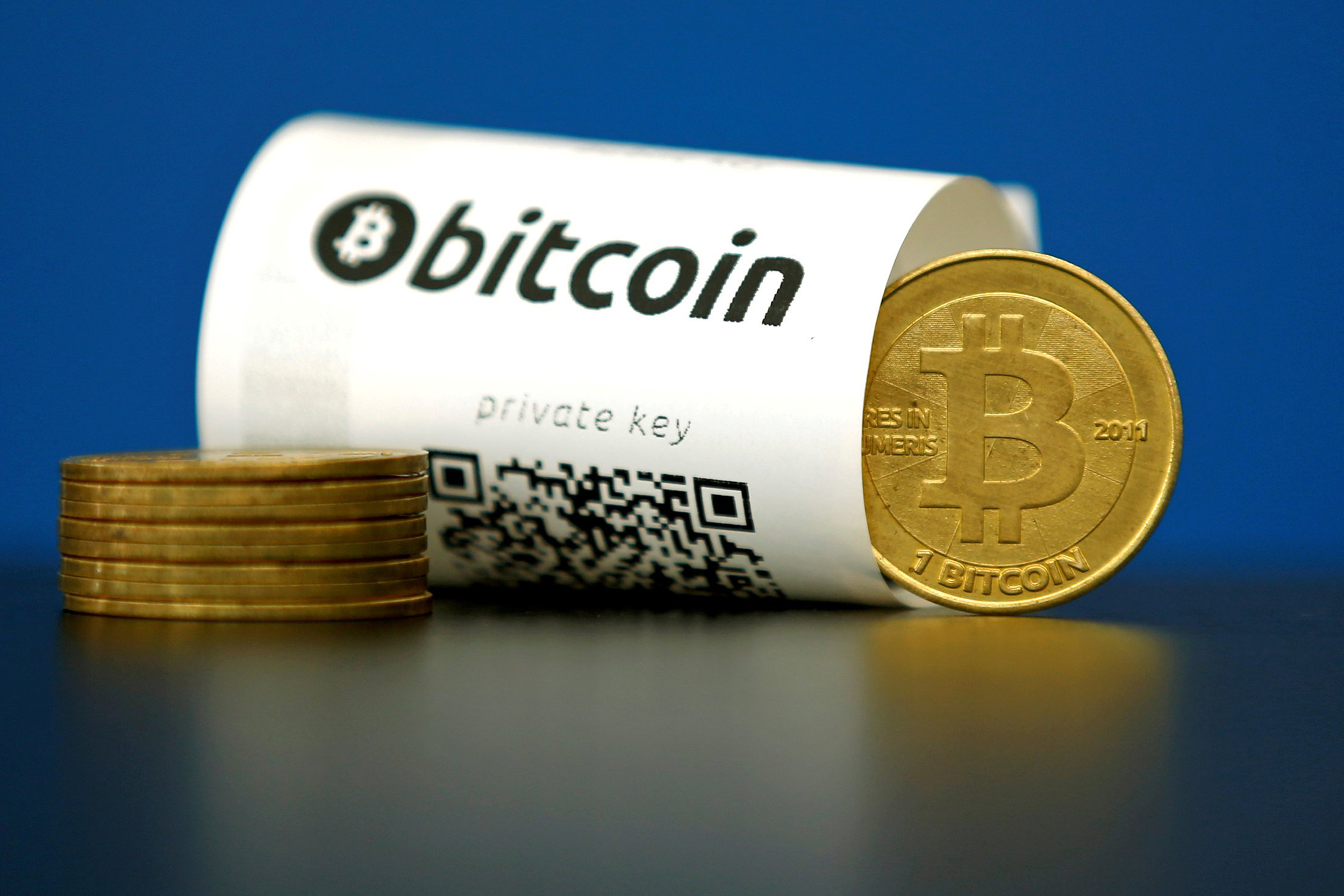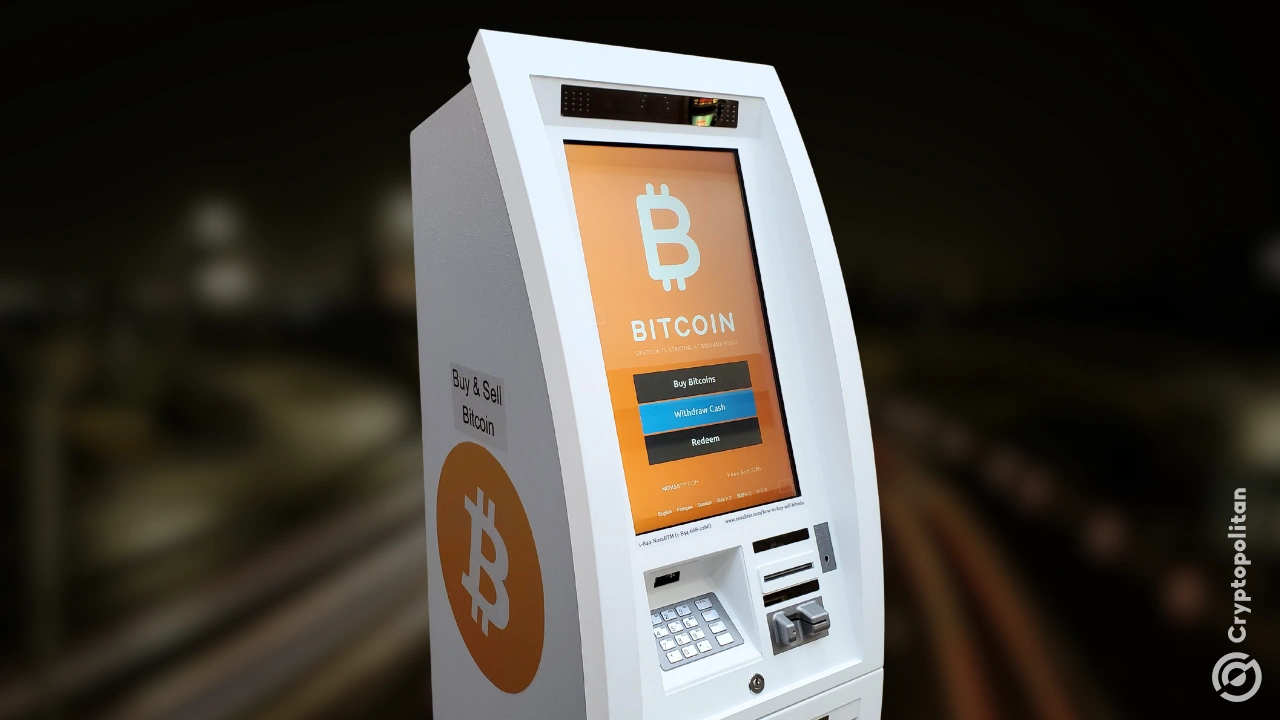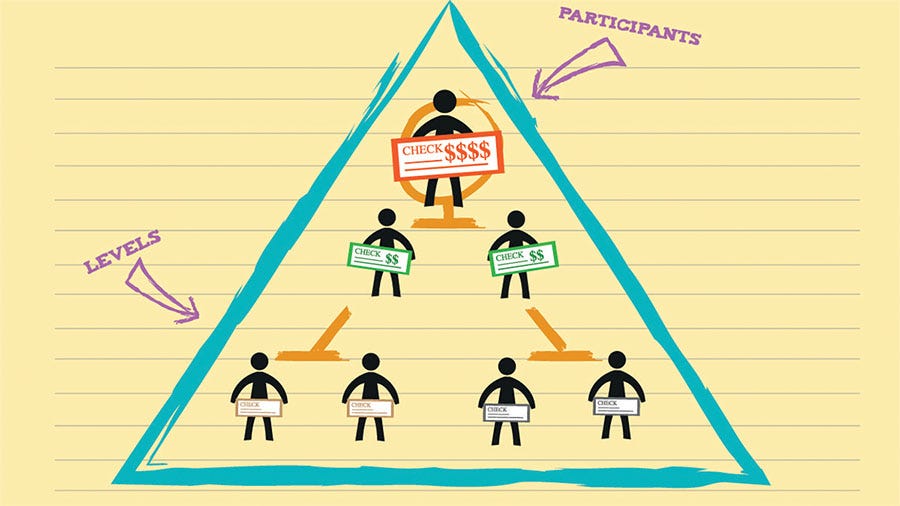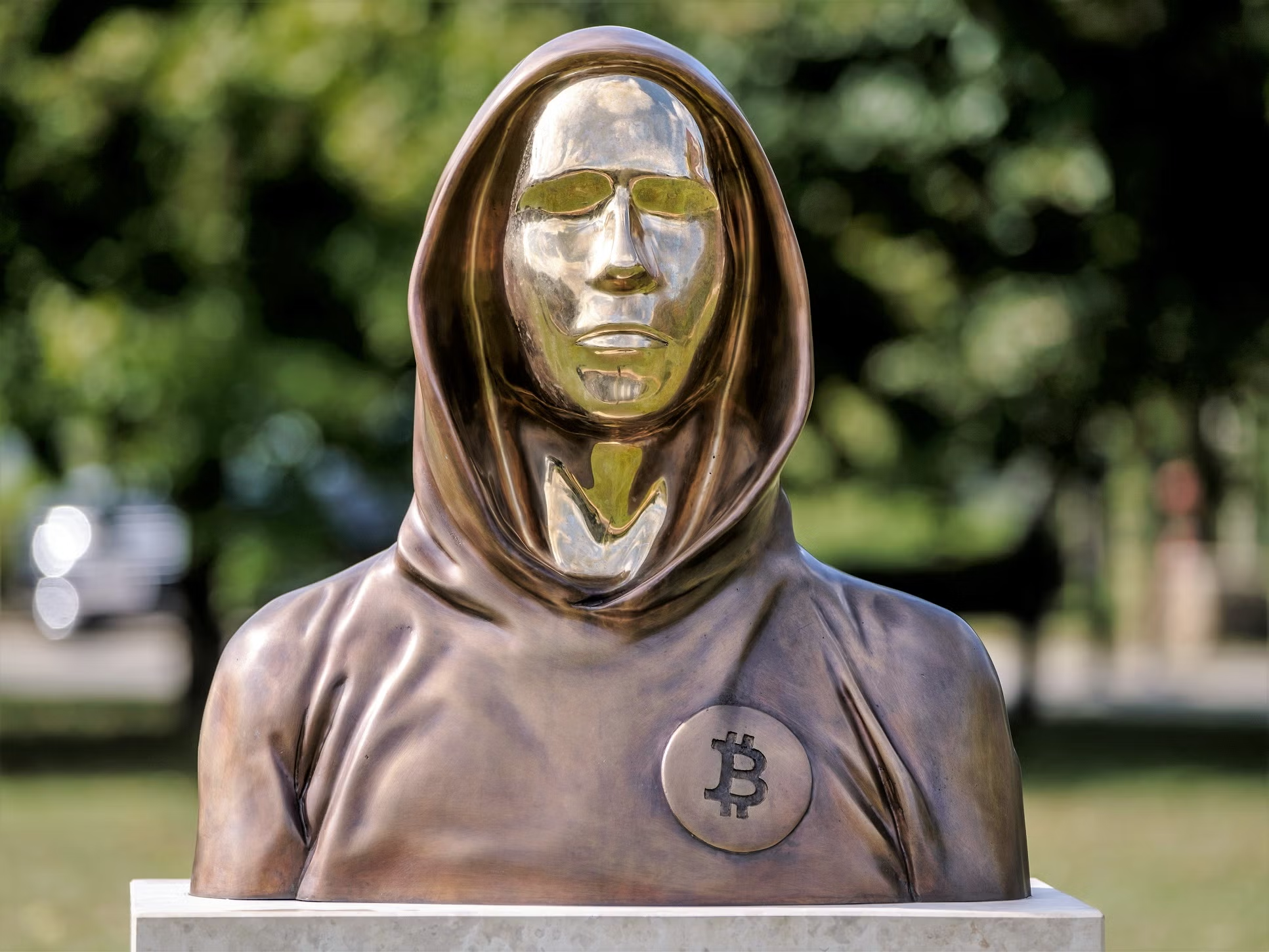Buying your first Bitcoin is an exciting experience!
Understanding Bitcoin
Research:
Before investing, understand what Bitcoin is, how it works, and the risks involved. Bitcoin is volatile, and it’s important to make an informed decision. Before making any decision ask your financial advisor.
Choosing a Bitcoin Wallet
Wallet Types:
Here’s a table summarizing the different types of cryptocurrency wallets:
Sure, I’ll add a column to the table to indicate whether each type of wallet is custodial or non-custodial:
| Type | Custodial/Non-Custodial | Description | Security Level | Accessibility | Use Case |
|---|---|---|---|---|---|
| Hardware Wallets | Non-Custodial | Physical devices (like USB drives) for storing cryptocurrency. | High (cold storage) | Less convenient for frequent transactions. | Ideal for long-term storage of large amounts. |
| Software Wallets | Non-Custodial | Digital wallets installed on devices or accessed online. | Varies; generally lower than hardware wallets. | Highly accessible. | Convenient for frequent transactions and everyday use. |
| - Desktop Wallets | Non-Custodial | Installed on personal computers. | Good; depends on computer security. | Accessible from the computer. | Good for regular use with added security. |
| - Mobile Wallets | Non-Custodial | Apps on smartphones. | Good; depends on mobile security. | Very accessible for on-the-go use. | Useful for daily transactions and payments. |
| - Web Wallets | Can be both | Accessed through web browsers, often hosted by exchanges. | Lower; vulnerable to online threats. | Extremely accessible. | Suitable for frequent trading and ease of use. |
| Paper Wallets | Non-Custodial | Physical documents with a public and private key printed. | High when created/stored securely. | Not convenient for regular transactions. | Secure long-term storage or gifting. |
| Custodial Wallets | Custodial | Wallets where a third party holds the private keys. | Depends on third-party security. | Highly accessible. | Ideal for frequent traders valuing convenience. |
| Brain Wallets | Non-Custodial | Created from a memorized passphrase. | Risky; susceptible to human error and attacks. | Accessible anywhere with passphrase. | Risky; generally not recommended. |
- Custodial Wallets: The private keys are held by a third party (like an exchange), and the user trusts this entity for security.
- Non-Custodial Wallets: The user holds and controls their own private keys, offering more control and responsibility for security.
Security:
Ensure your wallet is secure. This includes storing your mnemonics (list of words) in the safe place and keeping your private key (a long string of numbers and letters) safe and confidential.
Find a Bitcoin Exchange:
Exchange Options:
Select a cryptocurrency exchange to buy Bitcoin. Choose an exchange with a good reputation for security and customer service. Check for regulatory compliance in your country.
Register and Verify Your Account
Account Creation:
Sign up for an account on the exchange. You’ll typically need to provide an email address and create a password.
Verification (KYC):
Most exchanges require identity verification to comply with regulatory requirements (often known as KYC – Know Your Customer). This may include uploading a government-issued ID and, in some cases, proof of address.
Deposit Funds
Payment Methods:
Deposit funds into your exchange account. Common methods include bank transfer, credit/debit card, or even PayPal on some platforms.
Fees and Limits:
Be aware of deposit fees and limits for your chosen payment method.
Buy Bitcoin
Placing an Order:
Once your account is funded, you can buy Bitcoin. You can usually place a market order (buy immediately at the current price) or a limit order (set a price at which you want to buy).
Transaction Fees:
Consider the transaction fees, which can vary based on the exchange and the type of order.
Transfer Bitcoin to your Wallet
Withdrawal:
For added security, transfer your Bitcoin from the exchange to your personal wallet IMMEDIATELY.
Ensure you enter your wallet address correctly when transferring. Bitcoin transactions CANNOT be reversed.
Exchanges are dangerous for your Bitcoin and you should have your Bitcoin on your hardware wallet as soon as possible. Dont leave your bitcoin on the exchange. Remember - not your keys not your Bitcion.
Keep your Investment Secure
Follow good security practices, like keeping your wallet’s private key and recovery phrase secure and offline.
Stay Informed
Market Trends:
Stay informed about market trends and news.
Tax Implications:
Be aware of the tax implications of buying and selling Bitcoin in your country.
Purchasing Bitcoin is relatively straightforward, but it requires doing your homework both in terms of understanding Bitcoin and in choosing the right wallet and exchange. Remember, with the high potential rewards come high risks, so invest wisely and never more than you can afford to lose.



